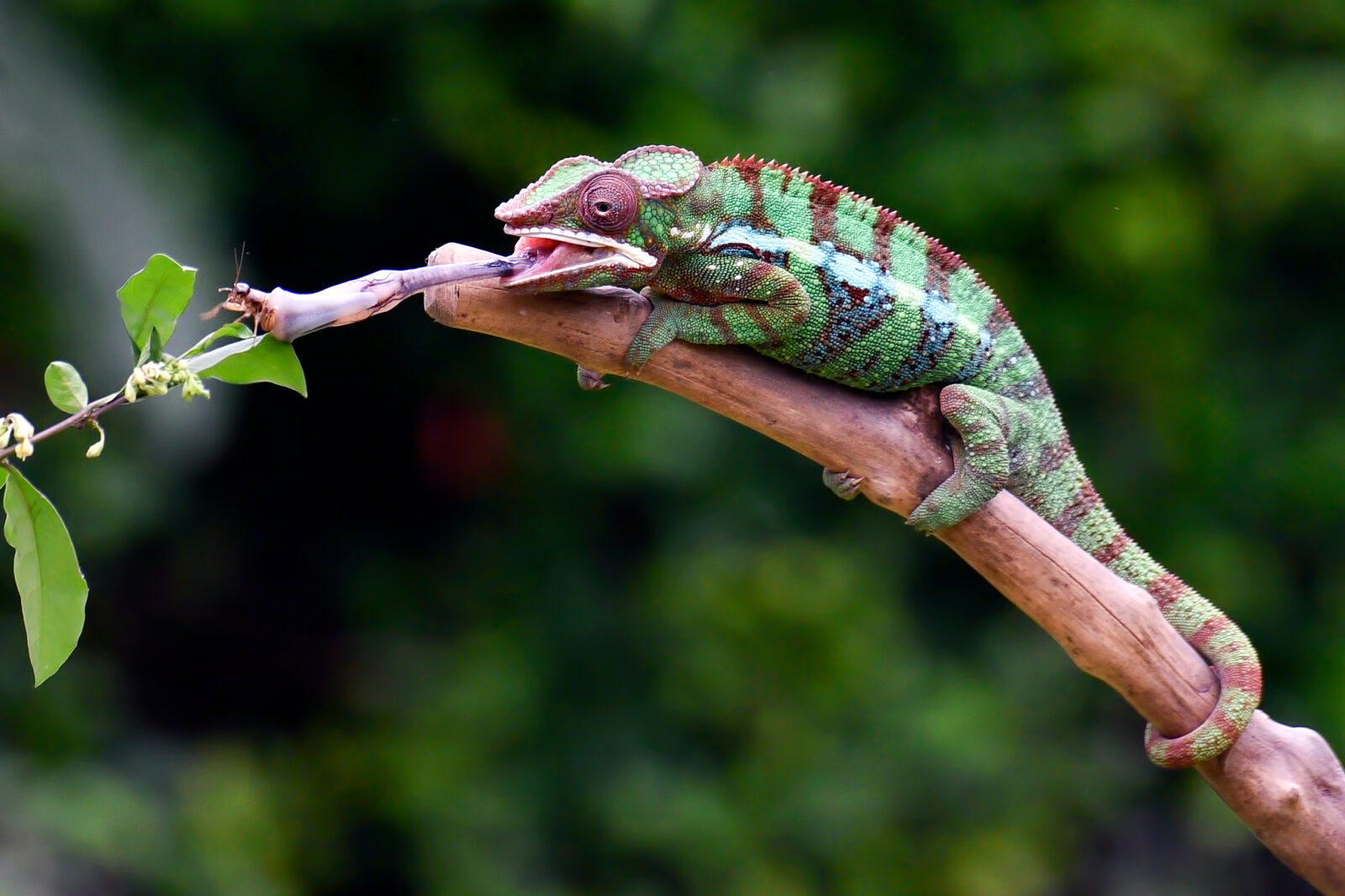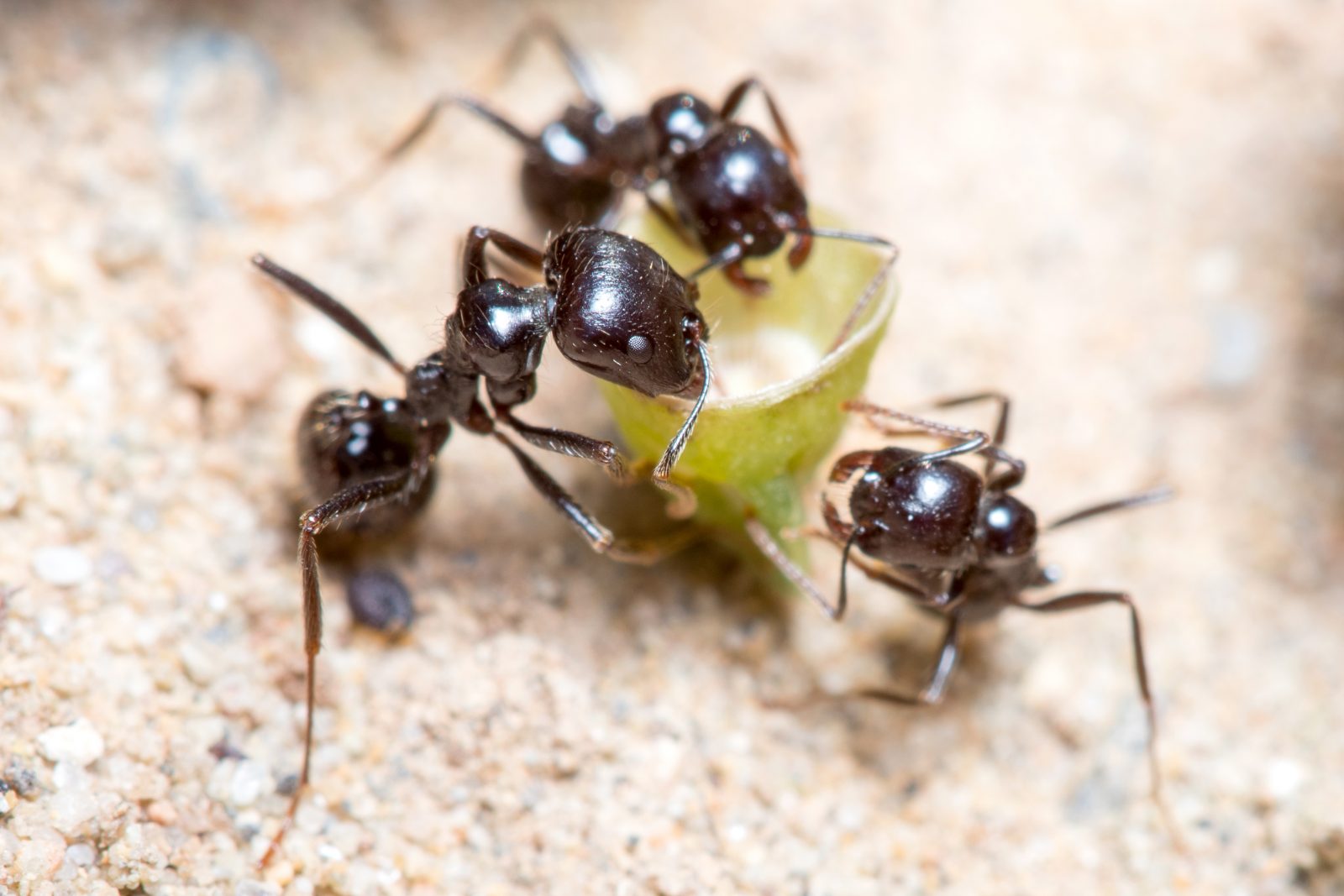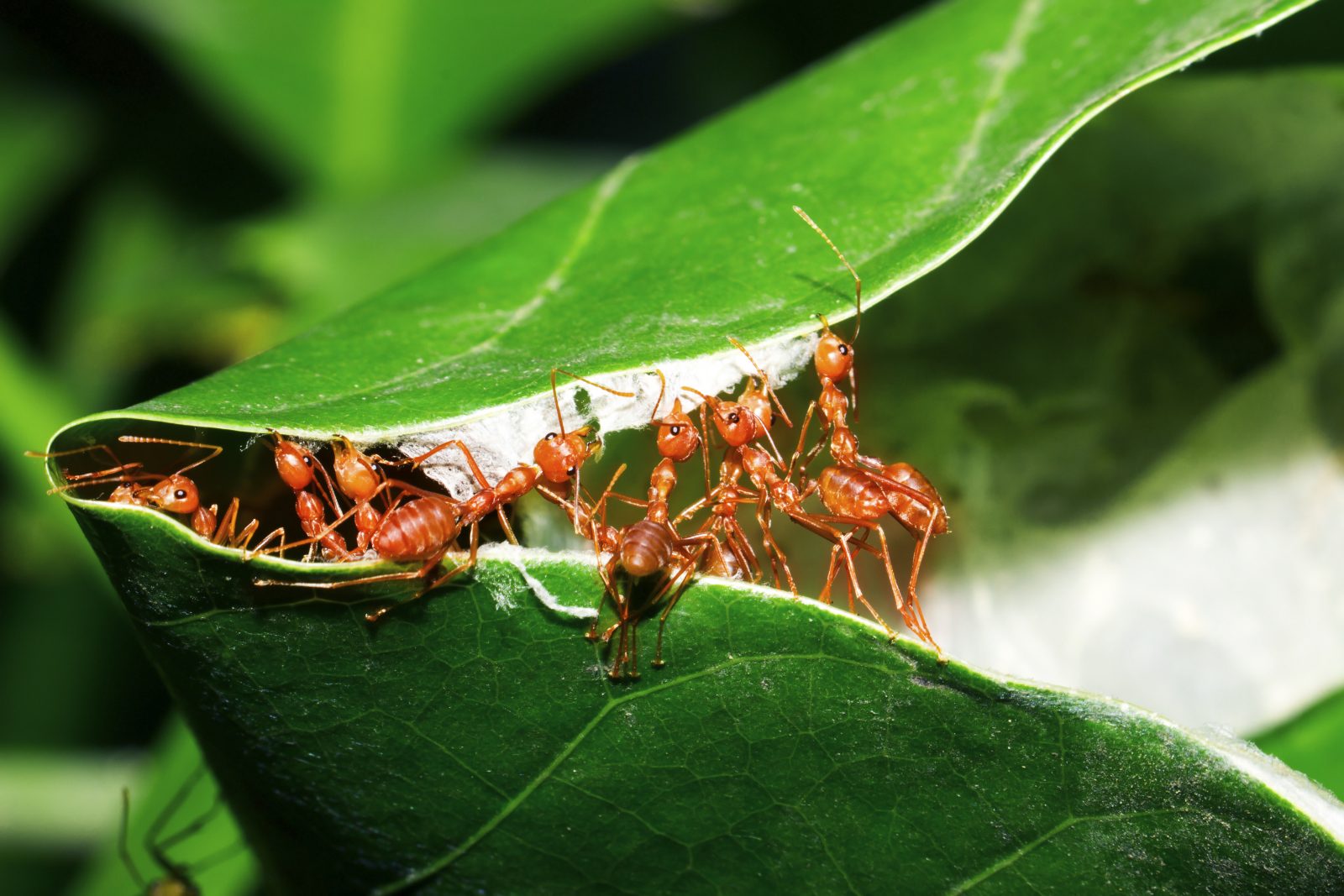


How Animal Complexity Challenges Evolution

Evolution Challenge: The Harvester Ant Foraging Algorithm
On this ID the Future, Animal Algorithms author Eric Cassell explores an algorithm in the brains of harvester ants that adjusts their foraging strategy based on how available food is in their environment, thereby guiding the harvester ants toward more efficient foraging. Cassell builds off a March 2022 article in the Journal of the Royal Society Interface to explain how the algorithm in the ant’s tiny brain involves a sophisticated feedback control mechanism that includes both positive and negative feedback systems. As he further notes in the episode and in an article at Evolution News, a mathematical model of the harvester ants’ foraging behavior by Stanford University scientists confirms the control algorithm is largely optimized. Cassell’s recent book, Animal Algorithms, Read More ›

Hank Hanegraaff and Animal Algorithms Author Eric Cassell, Pt. 2
On today’s ID the Future, radio host Hank Hanegraaff continues his conversation with Animal Algorithms author Eric Cassell. Here they look at more insects with strikingly sophisticated innate behavior, suggesting intricate algorithms encoded into their brains from birth, all of which cannot be effectively explained by reference to Darwinian evolution. Cassell and Hanegraaff touch on wasp martial arts; termite altruism and termite architectural skills, including a cooling system that has inspired a human design; interdependent social caste systems that enhance fitness; and spiderweb architecture and the extraordinary properties of spider silk, including the different kinds of silk and the spider’s ability to employ different types precisely tailored for different needs. Cassell looks at evolutionary explanations for these innate abilities that Read More ›

Hank Hanegraaff Interviews Animal Algorithms Author Eric Cassell, Pt. 1
On this ID the Future radio host Hank Hanegraaff interviews Animal Algorithms author Eric Cassell about insects and other small-brained animals with innate behaviors of astonishing sophistication — desert ants, leafcutter ants, honey bees, spiders, monarch butterflies, and many more. These appear to be hard-wired from birth with complex algorithms coded into their neural networks, and some of the algorithms seem to involve complex mathematics. Also mysterious: many of these innate abilities are do or die. So how could they have blindly evolved one small Darwinian step at a time? Also, how would genetic mutations generate the ability to make navigational calculations (as in the case of some birds) that for humans require spherical geometry? Listen in to learn more Read More ›

Animal Algorithms Webinar Pt. 2: Author Q&A
Today’s ID the Future is Part 2 of a recent live webinar with Eric Cassell fielding questions about his new book, Animal Algorithms: Evolution and the Mysterious Origin of Ingenious Instincts. He and host Casey Luskin explore the engineering wonders of web-spinning spiders and their extraordinary silk, and the challenge of transforming solitary insects into social insects (with their complex and interdependent caste systems) via a blind step-by-step evolutionary process, and the many thousands of genetic changes required. What does Cassell consider the best explanation? He invokes design theorist William Dembski’s work with No Free Lunch theorems to argue that blind processes are a no-go for explaining their origin. From there Luskin opens the webinar up to questions from the Read More ›

Amazing Insect Colonies vs. Evolution
On today’s ID the Future, Animal Algorithms author Eric Cassell delves into another fascinating portion of his new book, the programmed social behaviors of colony insects and the challenge these instinctive behaviors pose for modern evolutionary theory. Cassell and host Robert J. Marks discuss the complex caste system of these colonies, the impressive signaling systems they use to communicate, and how technologists study these tiny-brained creatures to learn tricks for developing and improving drone swarm technology. How could a mindless evolutionary process have evolved these sophisticated colonies, where various castes appear essential to the functioning and survival of the colony, and possess their division-of-labor skills instinctively? Some colony members also behave altruistically, a fact that Charles Darwin himself conceded posed Read More ›

New Book Spotlights High Tech Animal Navigation
Today’s ID the Future spotlights the new book Animal Algorithms: Evolution and the Mysterious Origin of Ingenious Instincts. The author, Eric Cassell, joins host and Baylor computer engineering professor Robert J. Marks to discuss the groundbreaking book and, in particular, the chapters on some of the animal kingdom’s most stunning navigators—the arctic tern, homing pigeons, the monarch butterfly, and the desert ant, among others. Cassell has degrees in biology and engineering, and he draws on these and his decades of professional expertise in aircraft navigation systems to show that these creatures instinctively employ navigational technologies that humans have only recently mastered. According to Cassell, their skills are driven by sophisticated algorithms embedded in their brains. But what created these algorithms Read More ›